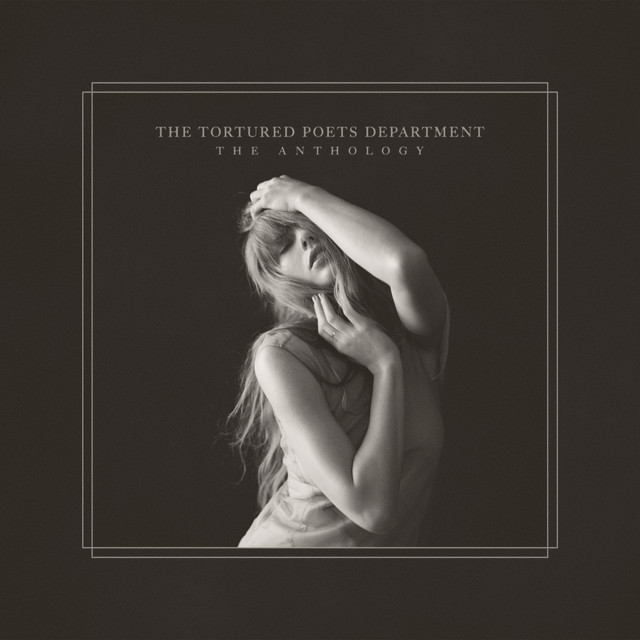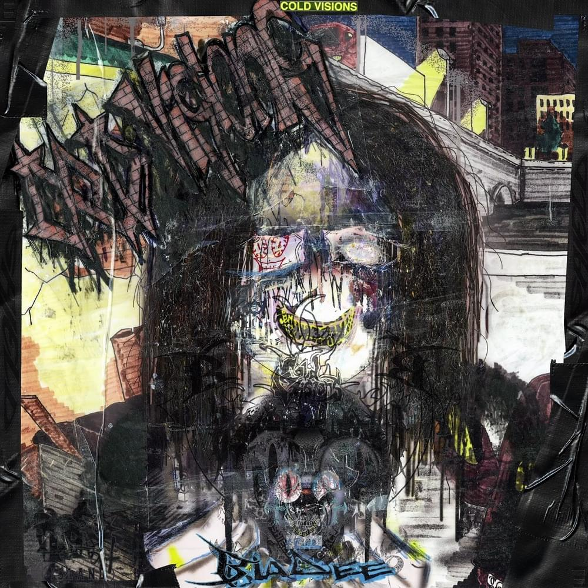
If the genre of blues could be defined in one single lyric, it would probably be the line sung by Robert Johnson, “I went down to the crossroads, fell down on my knees.” Despite innumerable covers of the song, known as “Cross Road Blues,” by rock stars like Eric Clapton, none of them, despite their chops and popularity, even come remotely close to the stunning, visceral power of the original.
Johnson, who was born in 1911 and died in 1938, is one of the most mythic and influential figures in the history of popular music. Johnson, considered one of, if not the, master of blues music, was an enormous influence to the Rolling Stones, Led Zeppelin, Eric Clapton and Fleetwood Mac, to name just a few.
More so than any of the blues’ numerous other pioneers, Johnson’s music had a truly haunting quality. His voice, distant in the few dozen scratchy recordings that exist of his music, has never lost one bit of its power. His guitar playing is extraordinary, as he was able to both hold an intense rhythmic pulse and execute a beautiful melody all with his fingers, all at once.
So how exactly was Johnson so good? One aspect critical to understanding Johnson’s life is that very little is known for sure about the man. Record keeping during that era in the Deep South was inconsistent at best, and those who claimed to have known Johnson have given conflicting accounts of the events of his life.
But even as more facts of his life have been painstakingly pieced together, there is one legend about the blues singer that simply refuses to die. The story goes that the darkness shrouding many of Johnson’s songs came from contact he had with the devil.
This brings us back to “I went down to the crossroads, fell down on my knees.” As legend has it, Johnson went a crossroad somewhere in Mississippi and sold his soul to the devil in return for the extraordinary guitar playing abilities he so quickly developed. Both Clarksdale and Memphis, Mississippi have tourist attractions that claim to be “the” crossroads where Johnson supposedly sold his soul. But do not tell that to the citizens of Rosedale, Mississippi, because they claim that their own crossroad, between Highway 1 and 8, is the one in question.
“Crossroads” is not the only one of Johnson’s songs to supposedly reference devilish encounters. “Me and the Devil Blues” contains far more allusions to that possibility with a chorus of “me and the devil was walkin’ side by side.” But despite his remarkable instrumental abilities, Johnson’s recordings were only a moderate success during his lifetime, so he was never really inquired about just how he acquired his abilities.
Even Johnson’s tragically early death is shrouded in mystery. The most popular theory is that Johnson was poisoned by the angry husband of a woman that he had flirted with, but nothing is known for certain.
Johnson’s music, as such, remains an engrossing mystery. While other, more modern songs may use technology to aid in their attempt to chill the soul, Johnson needed only his voice and his guitar. His best songs are spine tingling, seemingly possessed with an otherworldly atmosphere of mystery and suffering.
Even after decades of scholarly research, where exactly Johnson was buried, or who buried him are contested facts. All that is known that, in 1938, one of the most extraordinary, singular and ghostly voices in the history of American music had been silenced, decades before he could see the rewards for his spiritual and personal struggles.
Jackson Maxwell can be reached at [email protected].



















Robert Brink • Oct 30, 2014 at 4:05 pm
Jackson: what a powerful tribute to this great artist. I noticed this too, that the myth of Robert Johnson’s deal with the devil is the key surviving element of his story. And as you point out, the documentary record is incomplete and inconclusive, which partly paves the way for the myth to take over. I decided to make a short fiction film that explored a key turning point in Johnson’s life — his recording session in San Antonio — without resting on that old myth. Since I don’t believe in the devil except as a way of understanding dark forces in man’s nature, I felt that the world owes Johnson a look and a listen without that myth shrouding him. We do know certain things that build a compelling picture if you set the myth aside. Again, my film “DEVIL DEAL BLUES” is fiction, a flight of fancy, but I mean to shed a different light on this man whose music should be better known than it is. Thank you for spreading the word about a man who Clapton says is as important to Rock as Bach is to Classical Music.